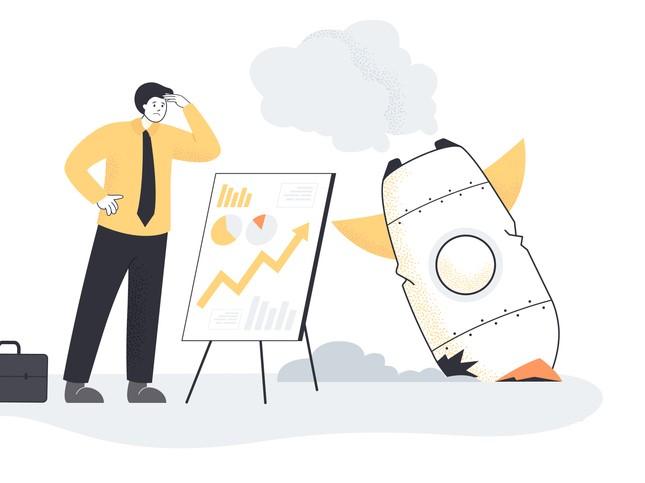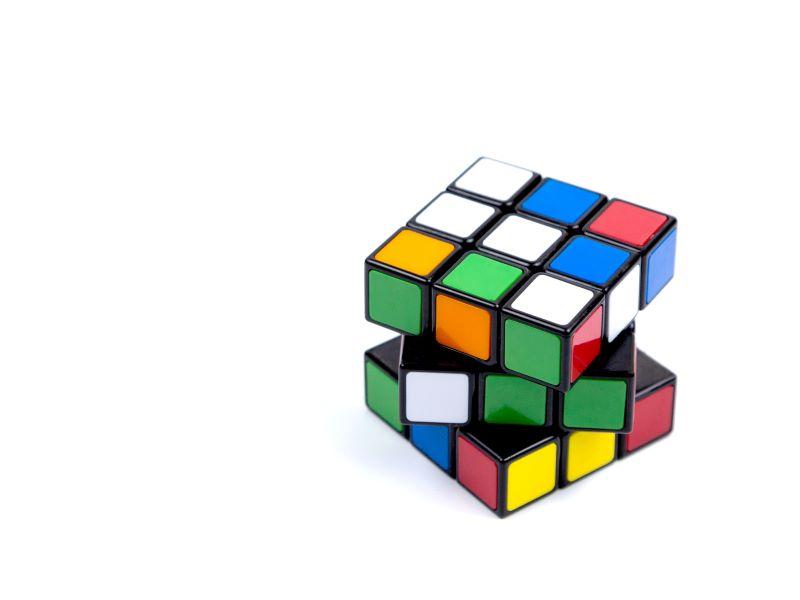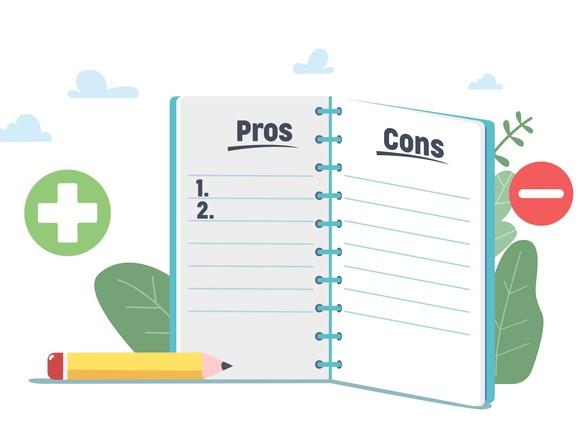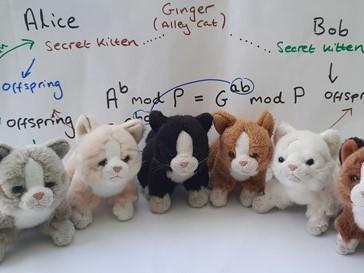
Failure can feel hot and shameful, but we must normalise it

There once was a little girl who wanted to be a vet, a ballet dancer and a scientist. Due to allergies and a distinct lack of poise, she failed at two of her three life goals. This is one of my favourite ways of introducing myself to groups of researchers. It raises smiles because we all do it. It’s a rare postdoc who will introduce themselves by their achievements. Much more common is the “I’m working on …” introduction. In careers forged by pushing back the limits of knowledge we know how hard the road is and that failure is inevitable.
But failure makes us feel bad. Too often we dwell in those negative feelings of shame and get stuck in an “emotional doom-loop” as Susan Tardanico describes it. No wonder we try to avoid it. But failure is essential in research. Without failure we will never uncover what does work by eliminating the failed experimental runs or hypotheses. Even the act of incremental improvement demands we reject the underperforming version. Team Sky cycling exploited the marginal gains to be had in changes of suit, wheels and materials. Failure was seen as an opportunity for learning and improvement.
- Get yourself a teaching buddy to help you thrive
- Let’s get professional: advice for new university teachers
- LinkedIn is quickly becoming academia’s key tool for career progression
Matthew Syed’s book Black Box Thinking is almost reverential about failure. The title refers to aviation black box recorders that shine a light on machine and human behaviours following a crash or near miss. Somewhere in those data is the key to preventing disaster. In the future. Yes, it provides answers, but the importance of the aviation approach is not to blame but to learn. Syed contrasts this with the medical world where admitting failure comes with fears of criticism and legal action. As the Institute of Medicine’s 1999 report To Err is Human highlights, it is not healthcare professionals who are “bad”, but they are often surrounded by poor systems that have not learned lessons from silenced failures. Another doom-loop.
What can we practically do when things fail? For me, this splits into “head” and “heart” zones. The “head” zone is about making sure we build in the chance for us to learn from failure. That much-abused phrase “fail fast, fail often” is useful here. Can we put in checks and balances to notice quickly when things are going wrong? By doing this we are not destined to stay with a doomed experiment that keeps failing. The act of accepting failure will create a space for the go/no-go decisions. Smaller mistakes are often easier to deal with. I remember many hours of small knocks and scrapes as I learned to ride a bike for about a week. My brother had a spectacular crash on his first voyage and then didn’t try again for years.
Frequent milestones where we ask ourselves important questions such as “what has gone wrong?”, “what information don’t I have?” and “how could I prove I’m on the wrong track?” could counter the cognitive dissonance and confirmation bias that often stop us spotting failure. This is important in research but also in our careers. The CV of Failures published in Nature by Melanie Stefan in 2010 highlights that failure is an absolutely normal part of academic life. We should be at pains to understand the odds of getting that fellowship or grant. Much talk focuses on the publication of negative results as well as positive. We need to normalise failure and build processes to learn from rejection. Even the feedback from the dreaded reviewer two.
But rejection (and failure) hurts. So the “heart” zone needs to be addressed. Alexander Pope wrote: “To err is human; to forgive divine”. To forgive ourselves for making a mistake is a tough thing to do. Failure can feel hot, shameful, worrying and embarrassing. The first step is to acknowledge the feelings and, if possible, label them. But dwelling in the “meh” zone is tough.
The second is to give yourself some compassion. What would you tell a friend who was feeling embarrassed or worried? If you have a friend in mind, share your failure with them. Talking it through can often provide the much-needed reflection that’s part of the learning process. They can probably provide useful perspective too. I can remember declaring “I‘m too stupid to do a PhD” when the failure had been simply some bad coding or a misplaced resistor.
The third step is: move on. Don Shula, a successful NFL coach, had a 24-hour rule for the team. Brood or celebrate for one day and then channel that lesson into the next challenge.
Reframing our failures into a series of learning events is key. But to learn we have to believe we can develop and change. It is this belief that can break us free of the failure doom-loop. It is the knowledge that we are works in progress. We need to exhibit the growth mindset coined by Carol Dweck. As she wrote: “The passion for stretching yourself and sticking to it, even (or especially) when it’s not going well, is the hallmark of the growth mindset. This is the mindset that allows people to thrive during some of the most challenging times in their lives.”
Emma Williams is an independent trainer providing advice for early career researchers. A former postdoc, she is also former head of academic practice at the University of Cambridge and co-author of What Every Postdoc Needs to Know, with Liz Elvidge and Carol Spencely.
If you found this interesting and want advice and insight from academics and university staff delivered direct to your inbox each week, sign up for the THE Campus newsletter.


